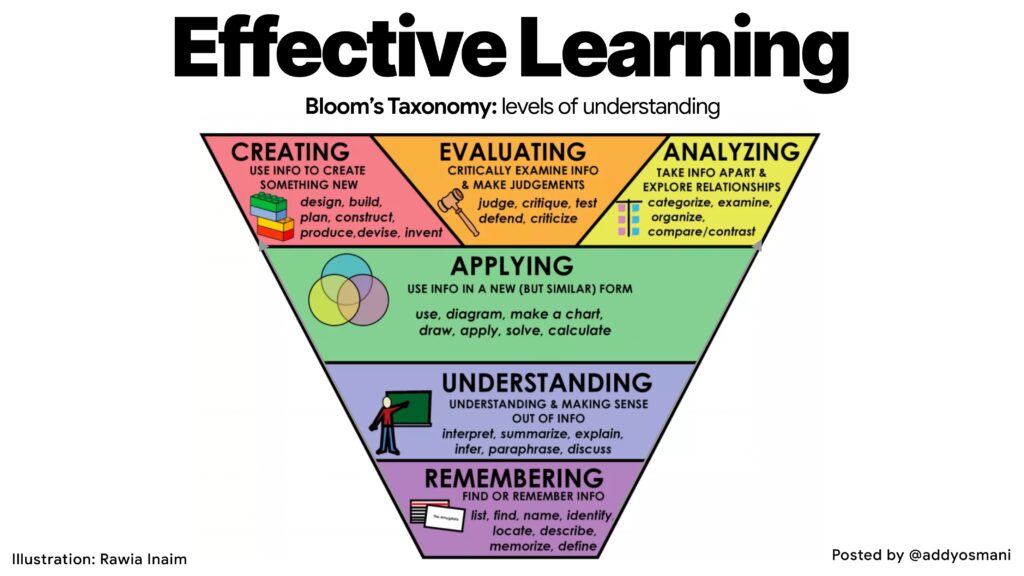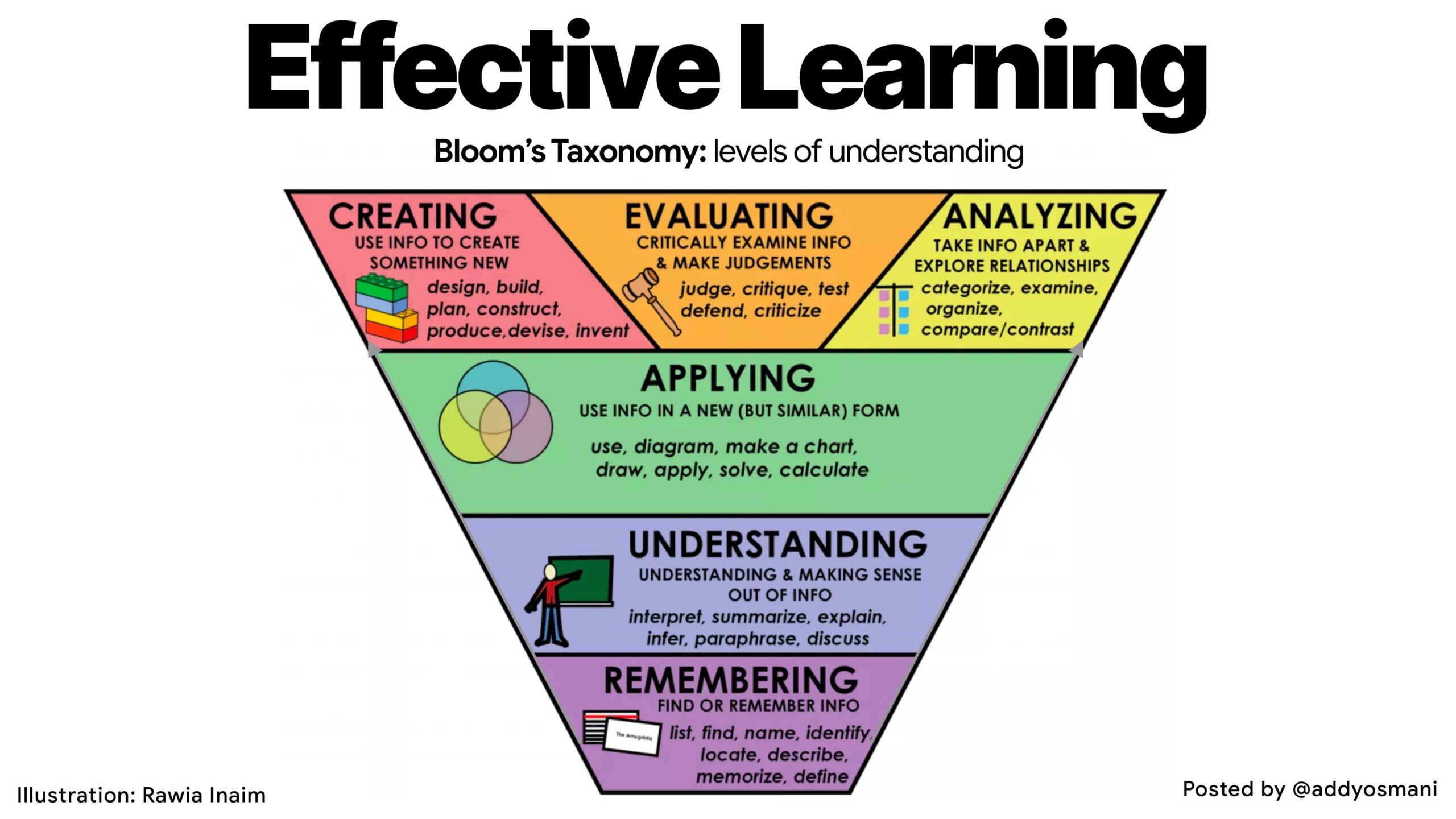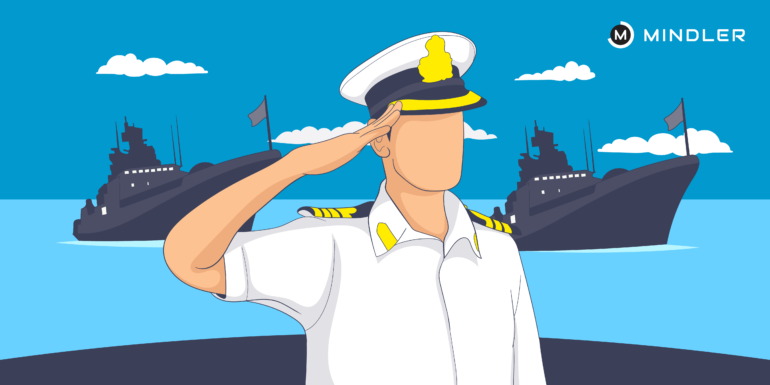
Embarking on a maritime career is both a challenging and rewarding endeavor, and the first five years of my journey were pivotal in shaping my path. These years encompassed three years of rigorous education at the Maritime Education and Training Institution (METI) for a B.Sc. in Nautical Science, followed by two years of hands-on experience culminating in the achievement of the Certificate of Competency (COC) for Second Mate (F.G). Reflecting on this phase, it’s evident how crucial it was in laying the foundation for my professional growth.
Building the Theoretical Foundation at METI
METI played a crucial role in providing me with the theoretical underpinnings essential for any seafarer. The comprehensive curriculum covered Navigation, Ship Operation, and Safety Protocols, equipping me with a solid understanding of these core areas. The rigorous academic training ensured that I was well-versed in the principles that govern maritime operations.
Moreover, the hands-on training programs at METI were instrumental in developing my practical skills. These programs enabled me to handle maritime equipment, machinery, and modern navigation tools proficiently. The basic pre-sea STCW courses, covering emergency procedures, first-aid, fire-fighting, and survival techniques, were vital in preparing me for the realities of ensuring safety at sea.
Gaining Practical Experience as an Apprentice Officer
The transition from classroom learning to real-world application came during my time as an apprentice officer (cadet). This period was marked by working closely with ratings (crew) at the grassroots level, providing me with invaluable insights into crew psychology and their working styles. Understanding the dynamics between the crew and the execution of senior officers’ decisions was enlightening. It highlighted various practical challenges and provided a deeper understanding of daily operations.
These experiences were crucial in shaping my ability to make sound decisions in the future. The practical knowledge gained during this phase proved to be indispensable, offering a realistic perspective on maritime operations that theoretical learning alone could not provide.
Keeping Pace with Evolving Maritime Technology
The maritime industry is constantly evolving, with advancements in technology playing a significant role in modern navigation and operations. METI’s education ensured that I was proficient in the latest navigation systems and other advanced naval technologies. This adaptability to technological changes has been a cornerstone of my career, fostering a commitment to lifelong learning and staying updated in the field.
Shaping a Competent and Versatile Seafarer
In summary, the education and training I received at METI, combined with the practical experience as an apprentice officer, were instrumental in shaping me into a competent, skilled, and versatile seafarer. They provided the essential knowledge, practical skills, and professional qualifications needed to excel in a challenging and rewarding maritime career. These formative years laid the groundwork for my professional journey, ensuring that I was well-prepared to navigate the complexities of the maritime world.
These early years were indeed the most important phase of my career, setting the stage for future growth and success. They underscored the importance of a strong educational foundation, practical experience, and the ability to adapt to technological advancements, all of which are crucial for a successful maritime career.

